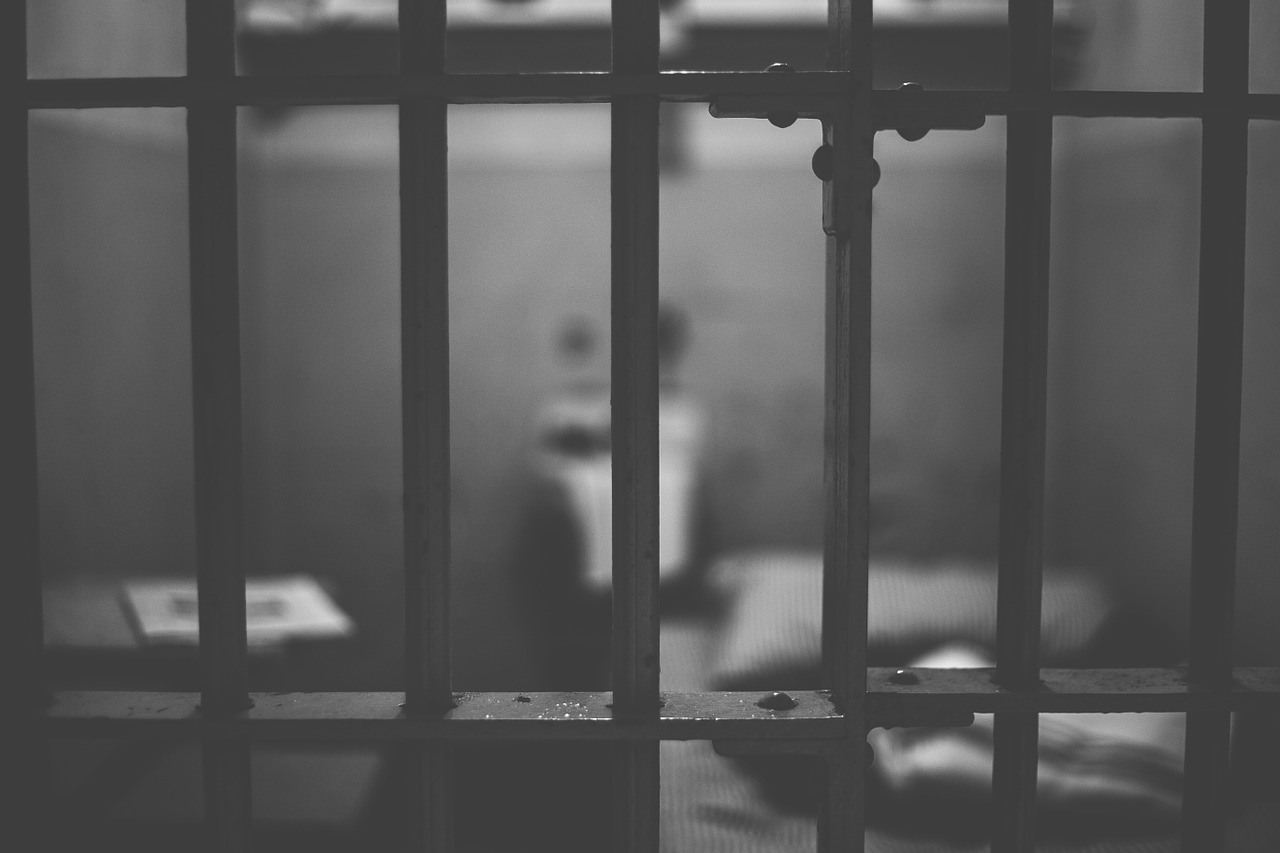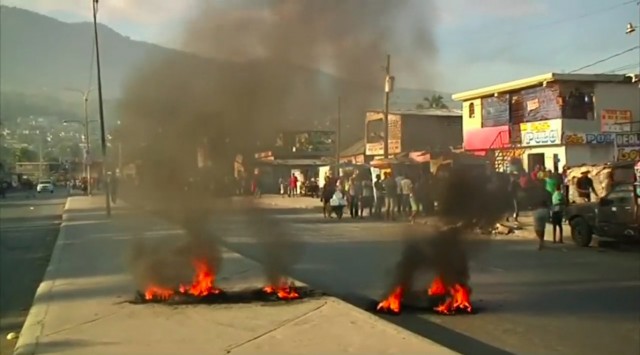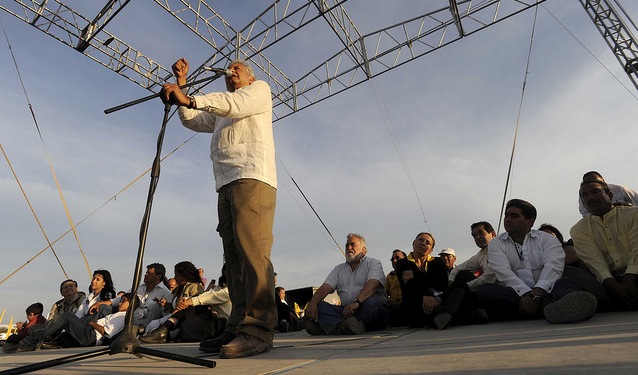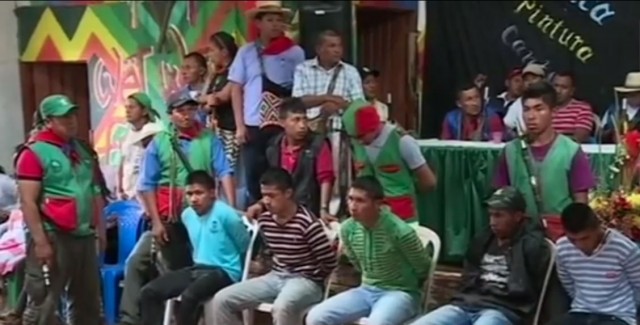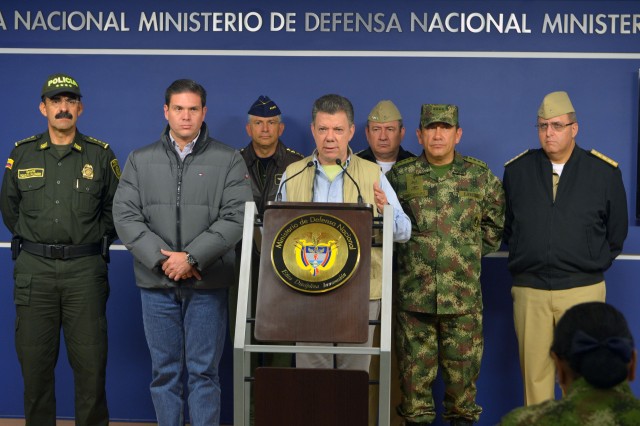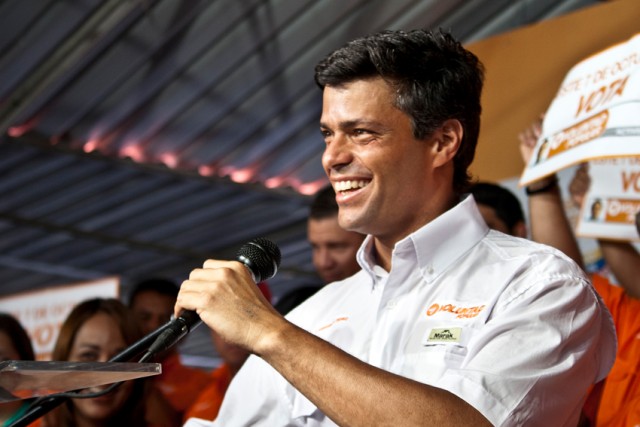
Andes, Latin America: Week in Review, Venezuela
Venezuela Court Refuses to Release Opposition Leader, Despite U.N. Appeal
November 14, 2014 By Staff
Top Story — A Venezuelan court has refused to release leading opposition politician Leopoldo López, despite appeals by the United Nations, López’s defense lawyer said Thursday.
López has been imprisoned along with other opposition figures since February for his alleged role in anti-government protests that left at least 40 people dead and hundreds injured. He faces charges of inciting violence in an attempt to overthrow President Nicolás Maduro, who took office after his predecessor and mentor Hugo Chávez died in March 2013. If convicted, López, the former mayor of the Caracas neighborhood of Chacao, may serve up to 13 years in prison.
The U.N. Working Group on Arbitrary Detentions, along with other international organizations, has called for López’s release. Amnesty International has branded the case against López “a politically motivated attempt to silence dissent.”
Venezuelan authorities have fired back at the accusations of arbitrary imprisonment, insisting on the legality of López’s incarceration. Commenting on the trial, President Maduro said, “He has to pay, and he will pay.” López, he said, is a “pawn of the gringos.”
Headlines from the Western Hemisphere
North America
- Protests have continued across Mexico in the wake of the apparent massacre of 43 college students in the state of Guerrero, whose parents have embarked on a nationwide bus tour to protest the government’s response to the crisis.
- Almost half of the U.S.-Mexico border is exclusively patrolled by drones, representing a shift in a border policy that for decades emphasized fences and agents.
- A prominent member of the Sinaloa drug cartel (who also happens to be the son of cartel leader Ismael “El Mayo” Zambada) was arrested in Mexico, the third time one of Zambada’s sons has been arrested.
- Officials in Barack Obama’s administration have said that the U.S. president will, as early as next week, announce an executive order to overhaul immigration enforcement, protecting some 5 million immigrants from potential deportation despite staunch resistance from Republicans.
Caribbean
- Two of the world’s most accomplished chefs have announced their plans to open a restaurant in Cuba as the country’s food industry experiences a boom under reforms passed by President Raul Castro.
- In Jamaica, 26 police officers are training with U.S. experts in the use of non-lethal force, a likely response to controversy over the reputation of the country’s police for brutality.
Central America
- Disputes over water usage are common in El Salvador, according to the Inter Press Service, because a legal “right to water” doesn’t currently exist in the country, where recent efforts by legislators to classify access to water as a human right were blocked by right-wing opposition.
- Upside Down World has a piece about the social and environmental consequences of expanding mining projects in Honduras due to Canadian investment in the sector, a result of the Canada-Honduras Free Trade Agreement.
Andes
- Bolivia will pay a Spanish electrical company $36.5 million in restitution for its 2012 nationalization of the firm’s operations in the country, for which the firm initially demanded $200 million before making a compromise with Bolivian officials.
- Many FARC guerrillas might simply refuse to put down their weapons and instead join criminal gangs once a peace deal is reached with Colombia’s government, jeopardizing a lasting resolution to the country’s civil conflict, notes Jim Wyss at the Miami Herald.
- Ecuadorian President Rafael Correa is attempting to change the country’s constitution so he can run for president again in 2017, a move that The Economist says has galvanized the country’s opposition parties.
Southern Cone
- A Pew Research Center poll released Thursday suggests Latin Americans are leaving Catholicism in increasing numbers as both Protestantism and secularism are on the rise.
- The New York Times has a story about successful efforts in Brazil to save the economically important pirarucu, a previously overexploited fish that provides valuable income and food for many in the Amazon River Basin.
- A 14-year-old girl narrowly avoided being burnt at the stake on suspicions of practicing withcraft in rural Paraguay, after another woman was burnt to death, an extremely uncommon practice in the country.
- Canadian pop star Justin Bieber has been ordered in front of an Argentine judge to face questioning for his alleged role in the November 2013 beating of a photographer at a Buenos Aires nightclub.
Image: Danieldominguez19, CC-BY-SA-3.0
Subscribe to Today in Latin America by Email
